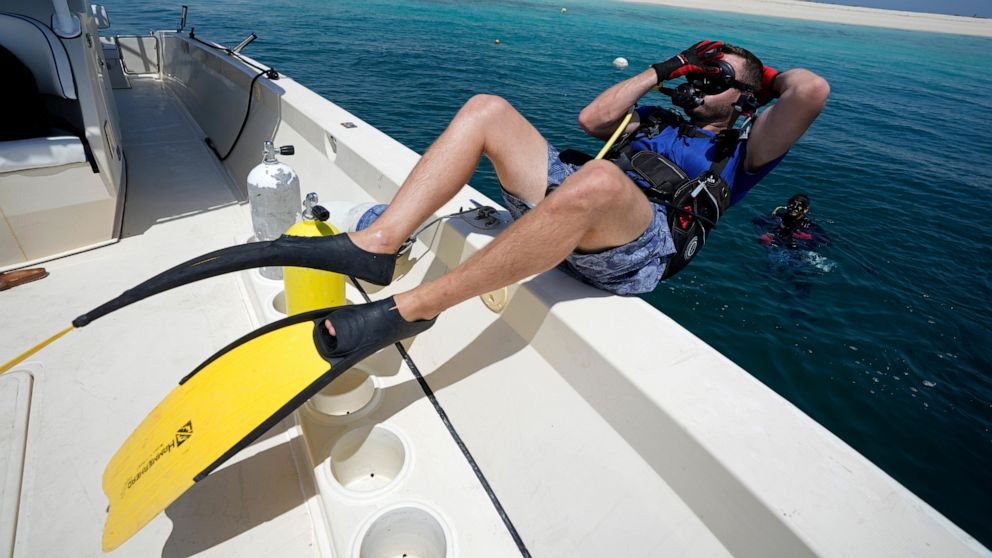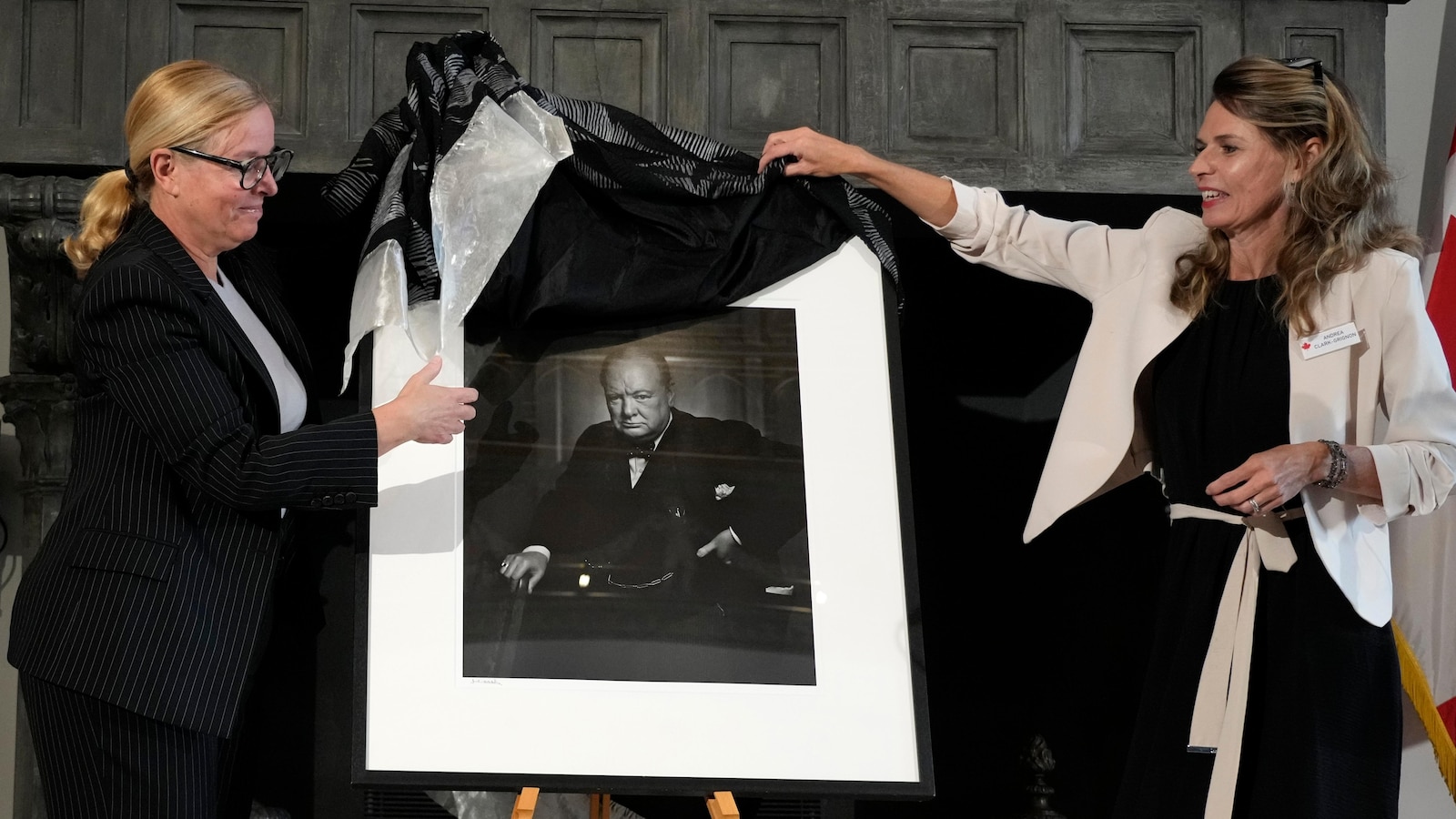The United Arab Emirates (UAE) is taking a proactive approach to combat the effects of climate change on its coral reefs. The country has implemented a unique strategy that involves using coral nurseries to revive dying reefs in warming seas.
Coral reefs are some of the most diverse and productive ecosystems on the planet. They provide habitat for a vast array of marine life, protect coastlines from erosion, and support local economies through tourism and fishing. However, rising sea temperatures, pollution, and overfishing have caused significant damage to coral reefs worldwide.
In the UAE, coral reefs have been particularly affected by rising sea temperatures. The country’s waters have warmed by 1.5 degrees Celsius over the past century, which has led to widespread coral bleaching and mortality. In response, the UAE government has launched a comprehensive plan to protect and restore its coral reefs.
One of the key components of this plan is the use of coral nurseries. These nurseries are essentially underwater gardens where coral fragments are grown and nurtured until they are large enough to be transplanted onto damaged reefs. The process involves collecting small pieces of healthy coral from existing reefs and attaching them to artificial structures in the nurseries. Over time, these fragments grow into larger colonies that can be transplanted onto damaged reefs.
The UAE has established several coral nurseries throughout its waters, including in Dubai, Abu Dhabi, and Fujairah. These nurseries have been successful in growing a variety of coral species, including Acropora, Porites, and Pocillopora. The nurseries also provide a safe haven for juvenile fish and other marine organisms, which can help to restore the overall health of damaged reefs.
In addition to coral nurseries, the UAE has implemented a range of other measures to protect its coral reefs. These include reducing pollution from coastal development and industrial activities, enforcing fishing regulations to prevent overfishing, and promoting sustainable tourism practices.
The UAE’s efforts to revive its coral reefs are not only important for the health of local ecosystems but also for the global fight against climate change. Coral reefs are a vital carbon sink, absorbing and storing large amounts of carbon dioxide from the atmosphere. Protecting and restoring these ecosystems can help to mitigate the impacts of climate change and preserve biodiversity for future generations.
In conclusion, the UAE’s use of coral nurseries to revive dying reefs in warming seas is a promising approach to combat the effects of climate change on marine ecosystems. By implementing a range of measures to protect and restore its coral reefs, the country is setting an example for other nations to follow in the fight against climate change.



